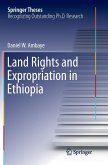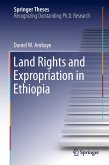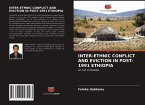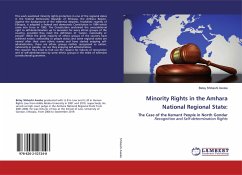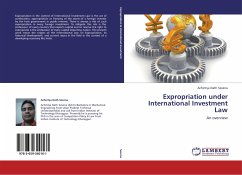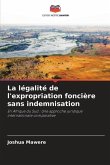This work describes the concept of expropriation from legal point of view. It discusses the expropriation practice in Ethiopia by raising issues such as public purpose, compensation and valuation methods. Both payment of compensation and public purpose are the two most important limitations on the government's power of expropriation. The writer argues that although the Ethiopian constitution guarantees land holders just compensation, because of the other implementing legislations this constitutional principle has not been upheld. He described the valuation method followed in Ethiopia as a backward and the compensation amount paid to expropriated people as unfair/unjust. In doing so the author explores the different systems applied in the Amhara Region, Ethiopia as compared to western systems.
Bitte wählen Sie Ihr Anliegen aus.
Rechnungen
Retourenschein anfordern
Bestellstatus
Storno


